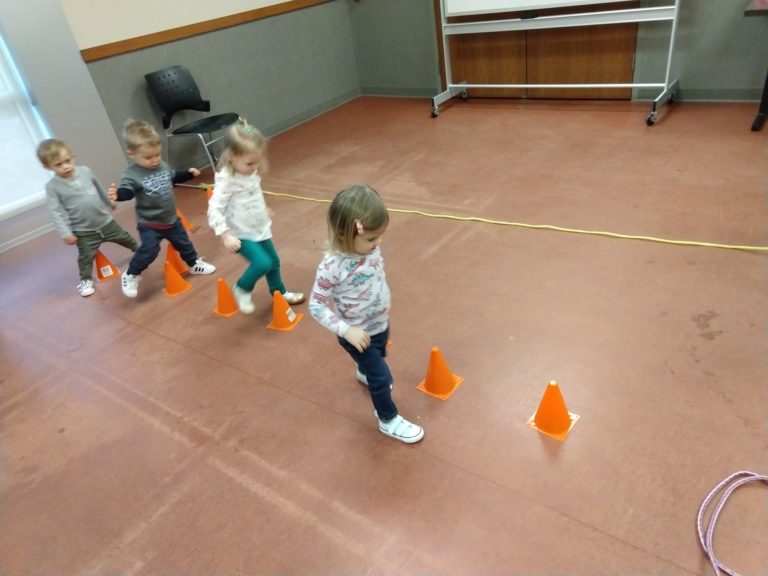3 Tips for Talking – and Listening – to Your Anxious Teen
The teenage years are a time of gaining independence and self-discovery. Teenagers are searching for their place at home, at school and in the world at large; learning about romantic and platonic relationships, about time management and about who they want to be. With all this exploration and growth, parents may find it hard to communicate with teens about anything, let alone difficult subjects. So, what happens when your anxious teen needs support but won’t communicate with you?
Developmentally, it is normal for teens to want to fit in and avoid being different. This desire might prevent them from admitting what they are experiencing inside. Your own fears and anxieties can also become barriers to communication. If you are overly emotional or angry because your teen won’t talk to you, you run the risk of further alienating them.
After you’ve tried discussing with your teen to get them to tell you what is wrong, you may feel at a loss. It is important to consider that your teen is growing up. They are no longer a young child with boo-boos you can fix with a kiss but, they are also not yet an adult who is fully responsible for themselves and their actions. There is a balance of comfort, support and action that you can strike to best communicate with your teen.
Here are three ways to talk to your teen so they will listen:
- Empathize: As much as your teen wants to be independent, they also want to be understood and validated. When your teen tells you something that seems ridiculous and illogical, take a deep breath. This is your chance to put yourself in their shoes and show that you get it. Use statements that show your teen that you really heard what they were saying by using the same language they used. Instead of giving advice, you can say, “It seems like you are really feeling left out.”
- Relate: Your teen may be more likely to feel like you understand them if they know you experienced similar issues. Sharing your own challenges with insecurity and anxiety in high school (and even today) can make your teen feel that these feelings are normal. Teens often look at adults as people who could never understand. By relating, you humanize yourself and open the door for communication.
- Ask: If you know your teen is anxious, make sure to check in regularly about their symptoms. Keep the conversation open. If they tell you something alarming, keep your cool. Your emotional reactions might scare your teen or make them feel judged. The most important thing you can do when you are concerned is comfort your teen and let them know you will figure this out together.
By Levana Slabodnick




